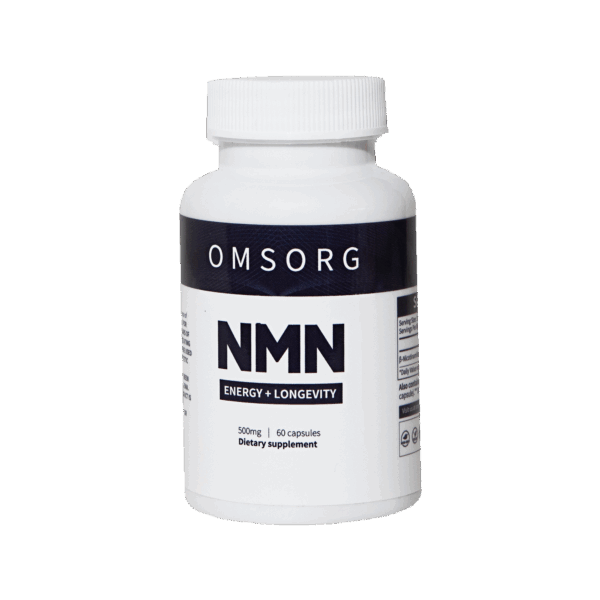Free standard shipping on orders over AUD 100 / SGD 90 / NZD 100



Ubiquinol, the reduced and active form of coenzyme Q10 (CoQ10), has gained significant attention for its critical role in cellular energy production and antioxidant function. As a lipid-soluble molecule, Ubiquinol is essential for maintaining optimal health and combating oxidative stress, which can lead to aging and various chronic diseases. This article delves into its key benefits and explores the scientific evidence supporting its use.
Ubiquinol is one of the two forms of CoQ10, transitioning dynamically to and from ubiquinone depending on the body’s metabolic needs. It plays a pivotal role in the mitochondrial electron transport chain, facilitating the production of adenosine triphosphate (ATP)—the primary energy currency of the body. Additionally, its antioxidant properties protect cells from damage caused by free radicals.
Ubiquinol is integral to ATP synthesis, enabling the body to sustain vital physiological processes. It has been particularly beneficial for individuals with conditions affecting energy production, such as chronic fatigue syndrome, fibromyalgia, and mitochondrial disorders.
As a powerful antioxidant, Ubiquinol neutralizes free radicals, preventing oxidative damage to lipids, proteins, and DNA. This function is crucial for reducing the risk of conditions like cardiovascular disease, neurodegenerative disorders, and cancer.
Several studies have highlighted Ubiquinol’s role in supporting cardiovascular health. Its ability to enhance mitochondrial function and reduce oxidative stress improves heart muscle performance and reduces the risk of heart failure and hypertension.
Oxidative stress is a major contributor to the aging process. By protecting against cellular damage, Ubiquinol promotes longevity and helps maintain youthful skin, organ function, and overall vitality.
Ubiquinol has shown promise in mitigating neurodegenerative diseases such as Parkinson’s and Alzheimer’s. Its antioxidant and mitochondrial-enhancing properties are key to preserving neuronal health.
Emerging evidence suggests that Ubiquinol may improve insulin sensitivity and reduce inflammation, thus aiding in the management of diabetes and metabolic syndrome.
Research published in the *Journal of the American College of Cardiology* demonstrated that Ubiquinol supplementation significantly improved heart function in patients with heart failure. This randomized study highlighted improved ejection fraction and reduced hospitalization rates.
A study in *Free Radical Biology & Medicine* underscored Ubiquinol’s superior antioxidant capacity compared to ubiquinone, emphasizing its protective effects on cellular membranes and preventing lipid peroxidation.
In a clinical trial documented in *Neurobiology of Aging*, Ubiquinol supplementation reduced markers of oxidative stress in Parkinson’s disease patients, showing potential in mitigating disease progression.
A study in *Diabetes Care* explored Ubiquinol’s ability to enhance insulin sensitivity and lower oxidative markers in diabetic patients, highlighting its therapeutic potential in metabolic disorders.
Ubiquinol supplementation is typically recommended for individuals over the age of 40, as the body’s ability to convert ubiquinone to Ubiquinol diminishes with age. Dosages range from 100 mg to 300 mg per day, depending on individual health needs. Ubiquinol is found in fatty fish, organ meats, and whole grains, though supplementation is often preferred for therapeutic purposes. Its important to consult your healthcare provider whether Ubiquinol is right for you and to learn about the dosage right for you, as it may vary based on individual needs.
Ubiquinol is a cornerstone of cellular health, offering a myriad of benefits ranging from energy production and antioxidant protection to heart health and anti-aging properties. Supported by robust scientific evidence, its supplementation is a promising strategy for optimizing long-term health and combating age-related decline.